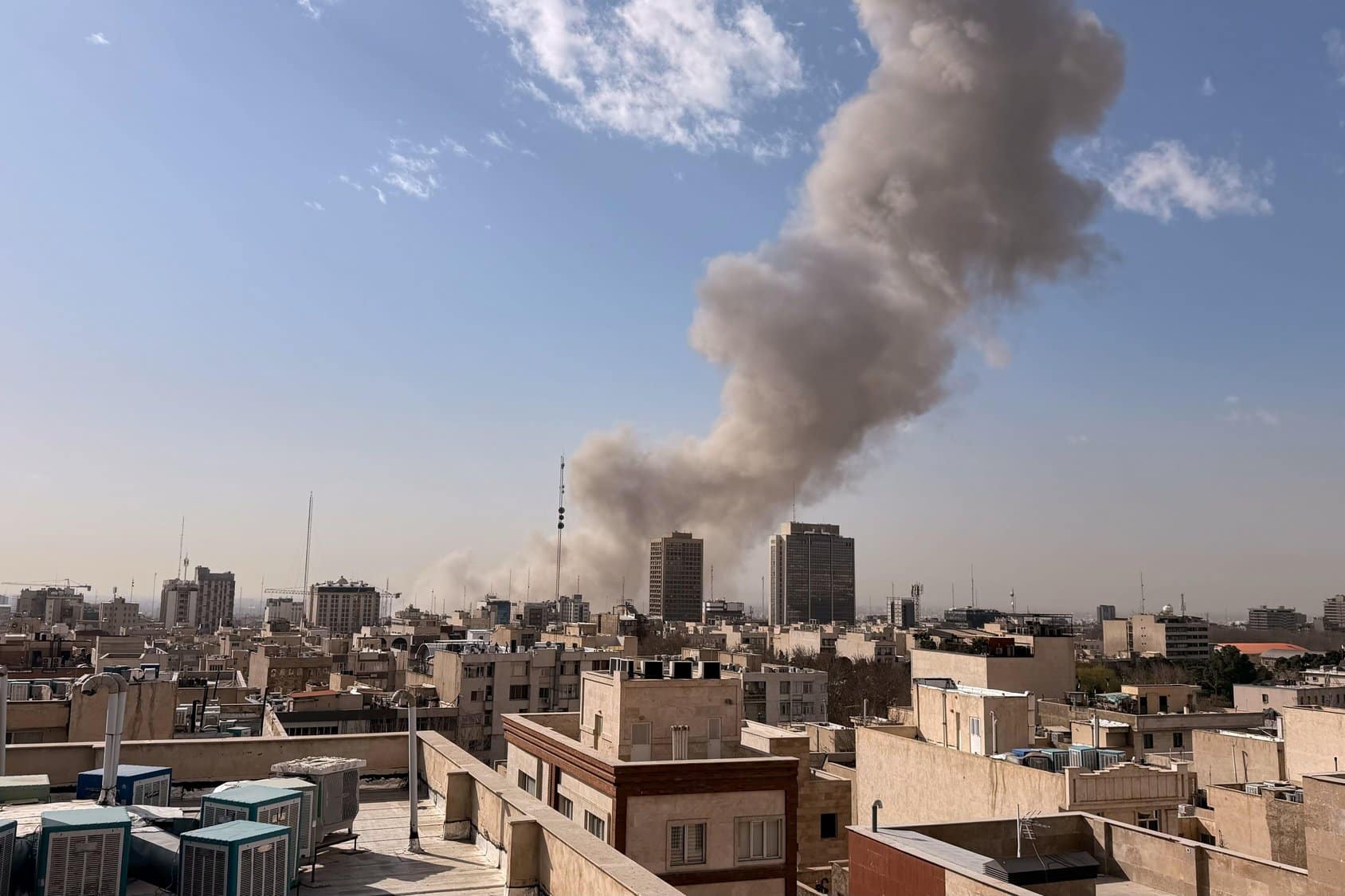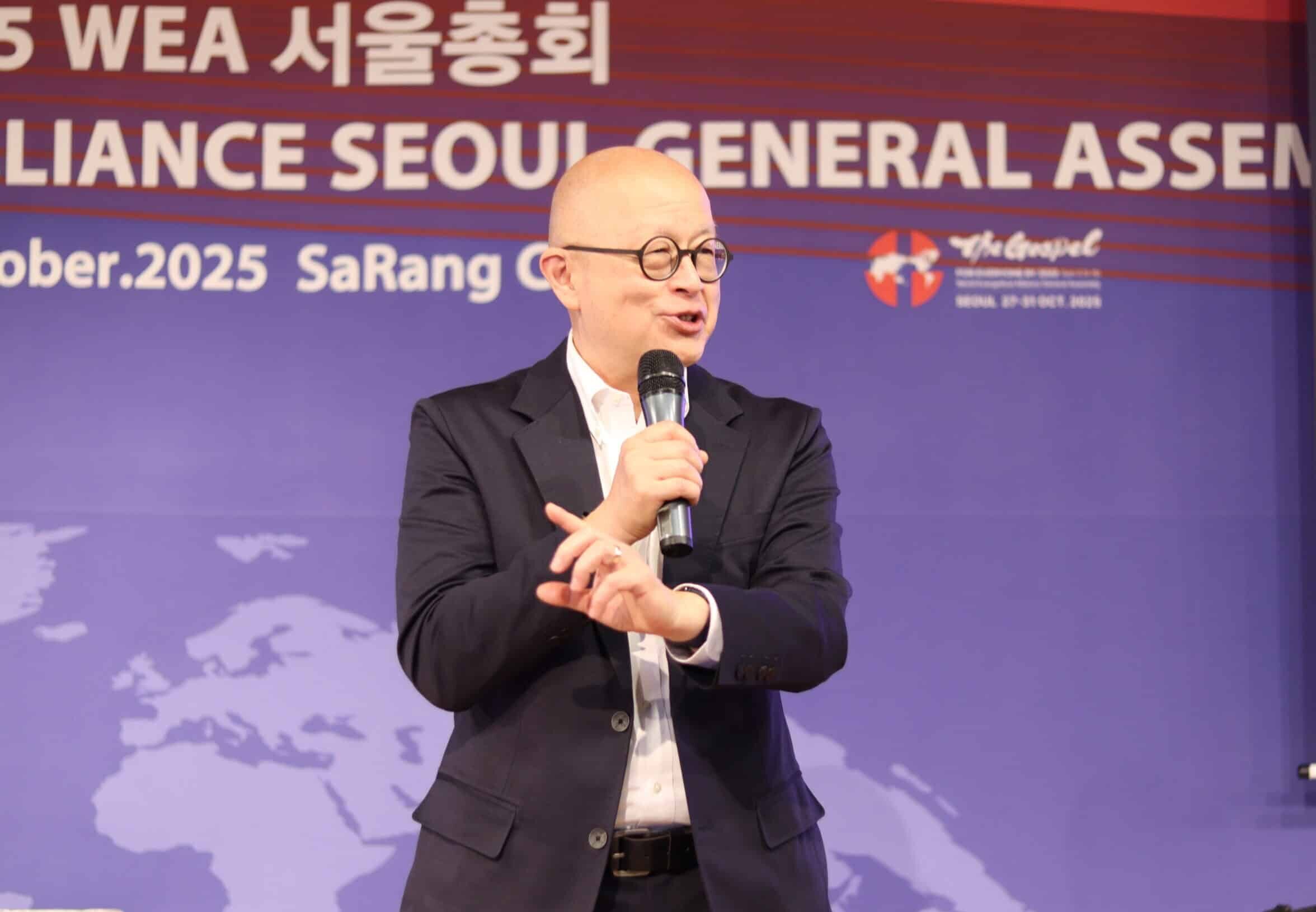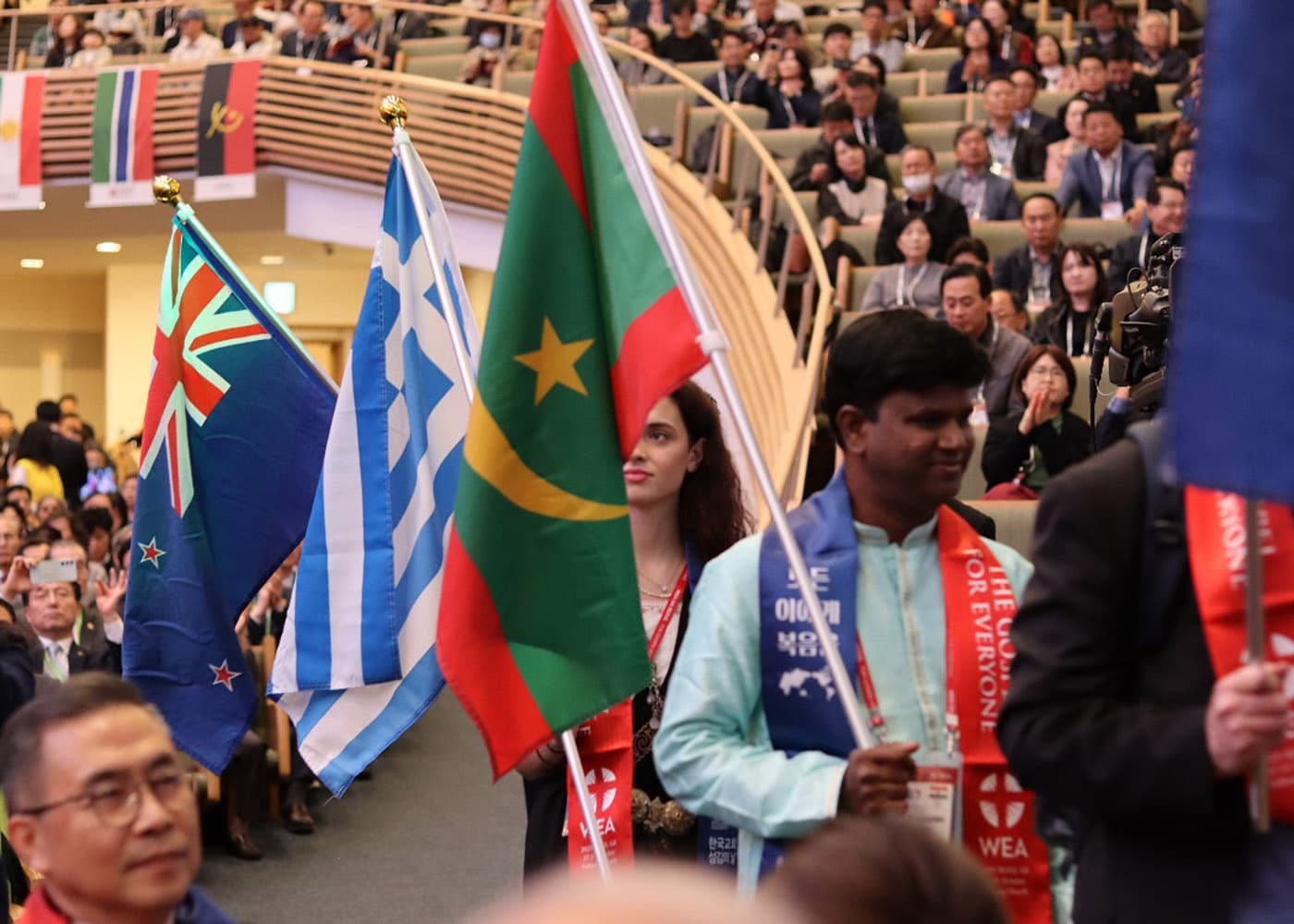provincial elections will be held soon after. As such, 2007 will be a year
for election campaigning and maneuvering.
In mid-2002 Musharraf, who seized power in a military coup on 1999,
announced that national and provincial elections would be held on 10 October
2002. He also announced that there would be changes to the constitution. The
proposed constitutional amendment, known as the Legal Framework Order (LFO),
would entrench military supremacy over the parliament.
All opposition parties were united in their opposition to the LFO. Musharraf
was in desperate need of a partner who could be convinced to enter a
marriage of convenience and support his LFO and thus end the political
crisis, as Musharraf’s PML-Q could not rule outright.
Musharraf also needed to cultivate a climate of fear, a sense of impending
peril, in order to legitimise his military rule and secure US support. He
knew the Islamists, who are closely linked to the military, could be both a
partner and a perceived threat. And so the 2002 elections were rigged to
ensure the Mutahida Majlis Amal (MMA: an alliance of six hard-line Islamist
parties) would be available as a force in parliament which could be both
manipulated and portrayed as a great Islamist threat.
So before the elections Musharraf issued a series of presidential decrees
that would all but seal the outcome of those elections. Most significant was
the decree that only university graduates would be eligible to stand as
election candidates. By this decree he effectively ruled out around 98
percent of the population, including half the previous parliament. Even
opposition leaders Benazir Bhutto and Nawaz Sharif were disqualified on this
ground, although that was the least of their problems. However, a madrassa
education was deemed equivalent to a university education, and there was no
shortage of mullahs and Islamists ready to fill the void.
Further to this, electorates were divided to give the desired result.
Musharraf’s PML-Q won 24.81 percent of the vote and 77 seats, while the
secular PPP won 25.01 percent of the vote and only 62 seats. The PML-N won
11.23 percent of the vote and 14 seats, while the MMA won 11.1 percent of
the vote, 53 seats and the balance of power. (Link 1)
The sense of horror over what appeared to be a tsunami of political Islam
sweeping over strategic Pakistan in the midst of the War on Terror was
enough to secure US support for the military regime despite its undemocratic
measures.
After the elections Musharraf immediately began negotiating with the
wonderfully flexible MMA to secure their support for his LFO. The Islamists
agreed to a quid pro quo deal with Musharraf. They supported Musharraf’s LFO
in exchange for his support of their Islamisation package which advances the
Islamisation of Pakistan.
In short: Musharraf secured US support by promising to fight Islamism and
promote “enlightened moderation”. However in reality he did neither. For
four years Musharraf’s left hand has presented challenges and offered gifts
and incentives to secure US support, while his right hand has been making
deals with Islamists and consolidating military control of Pakistan.
The situation in 2007, five years on, will however be quite different.
Musharraf will need to play different cards to retain US support for his
military dictatorship this time around.
For Musharraf to retain US support now he needs to distance himself from the
apocalyptic (oops – I mean apoplectic) Islamists, and legitimise his claim
to being an enlightened and moderate reformer and progressive by starting –
after four years in office – to make some positive moves in the direction of
“enlightened moderation”.
However, to remain on as military dictator Musharraf would also need to make
sure there is enough insecurity and threat to justify his remaining in
military uniform and in power.
Musharraf has begun to distance himself from the Islamists with moves that
also provoke their wrath. He no longer needs their support in parliament now
the LFO is enshrined in the constitution and military supremacy is
entrenched. But that is not to say the Islamists no longer have their uses.
A military regime that is prepared to use sectarian violence as an electoral
tool could actually benefit greatly from Islamist agitation, protest,
radicalism, persecution and even terrorism.
On 1 December Musharraf signed the Women’s Protection Bill (WPB) into law.
This law makes minimal but beneficial amendments to the Hudood Ordinance. By
this act Musharraf not only won praise from the international community, he
also split his opposition! The secular PPP voted for the Bill while the
PML-N sided with the MMA and voted against it.
However, Musharraf’s signing of the WPB was not primarily about women or
de-Islamisation, it was primarily about domestic politics. Had Musharraf
been genuinely concerned for women’s rights and genuine in his pursuit of
enlightened moderation he would have accepted the findings of his own
National Commission on the Status of Women (NCSW, founded by Musharraf in
2000, http://new.ncsw.gov.pk ) which in 2003 recommended that the Hudood
Ordinance be repealed.
The Islamists are unashamedly parading their medieval and misogynistic
nature in loud protests against women’s rights by decrying the Women’s
Protection Bill as un-Islamic, thereby alienating virtually all women and
all modern, progressive Pakistani men. They have not however resigned from
parliament en masse as they threatened to do. They enjoy the perks of power
too much for that and they are not ready for early elections.
Further to this, Musharraf is making peace overtones regarding Kashmir. His
proposal that Pakistan would forgo claims on Kashmir can be nothing other
than absolutely unacceptable to Islamists. This will force the Islamists to
protest loudly against peace!
Musharraf’s manoeuvres make it more difficult for the PPP to challenge or
criticise him and impossible for the PPP to form an opposition alliance with
the PML-N. Musharraf is presenting the choice as being between
radicalisation (Islamists) and enlightened moderation (himself).
Musharraf’s manoeuvres may even provoke the Islamists to increase terrorism
and protests – actions that can only work to the benefit of a military
dictator seeking to be elected president, in uniform.
While Musharraf’s manoeuvres might not signal any genuine commitment to
de-Islamisation, they may indicate that 2007 could be a strategic year for
advocacy on the blasphemy law. Should Musharraf repeal (or at least amend)
the blasphemy law, he would widen the chasm between the PPP and PML-N from
crack to crater and further promote himself as an enlightened and moderate
reformist worthy of US support. What’s more it would send the Islamists
ballistic!
There are two main dangers ahead. One is that the US and human rights
organisations will doubtless be pressured to make an unofficial (or
official) quid pro quo deal with Musharraf: de-Islamisation or at least
“enlightened moderation” in exchange for tolerance of Musharraf’s military
rule and suppression of democracy – a democracy that could provide
Pakistanis with a means to pursue genuine reform, progress and liberty. If
this sounds like a familiar scenario it’s because it is! This would
be
exactly the same as the understanding struck in 2002.
The other main danger is that if Musharraf does choose to exploit sectarian
violence and Islamist unrest and radicalisation for personal political gain,
then persecution of women and Christians at the hands of Islamists could
seriously escalate.
Elizabeth Kendal
[email protected]
Link
1) Carnegie Papers
Islam, militarism, and the 2007-2008 elections in Pakistan
By Frederic Grare, August 2006.
http://www.carnegieendowment.org/publications/index.cfm?fa=view&id=18553&prog=zgp&proj=zsa
—————————————–
**WEA Religious Liberty News & Analysis**
< [email protected] >
—————————————–
Please feel free to pass this along to others giving attribution to:
“World Evangelical Alliance – Religious Liberty News & Analysis.”
To subscribe for Religious Liberty News & Analysis, please send
your request to Elizabeth Kendal < [email protected] >.
Please include your name and country or state of residence.
For more information on the World Evangelical Alliance, please see:
< http://www.WorldEvangelicalAlliance.com >,
For the Religious Liberty Commission of the WEA, see:
< http://www.WorldEvangelicalAlliance.com/commissions/rlc.htm >.
All WEA RLC material is archived at < http://www.ea.org.au/rlc >.
PRAYER: For those of you who would like more detailed information on
situations for prayer and intercession, we recommend that you
subscribe to the WEA Religious Liberty Prayer List. Each week a
different nation or situation is highlighted. To subscribe, send an
empty e-mail to < [email protected] > with any or no subject.
Advocates International < http://www.advocatesinternational.org >
serves as the legal and judicial advisor to the RLC. Advocates
International links many Christian lawyers and judges around the
world and has been involved in religious liberty issues for many
years.
The Religious Liberty News & Analysis mailing list provides reports
on the state of religious liberty and persecution around the world
with those with a special interest in the field. Most members are
involved in church-based religious liberty advocacy, academic
research, missions leadership, creative-access missions, religious
media, or have prayer networks supporting these groups, although
anyone is welcome to join. Postings average one or two per
week. Information shared does not necessarily reflect the opinion
of World Evangelical Alliance, or of the WEA Religious Liberty
Commission.





Stay Connected